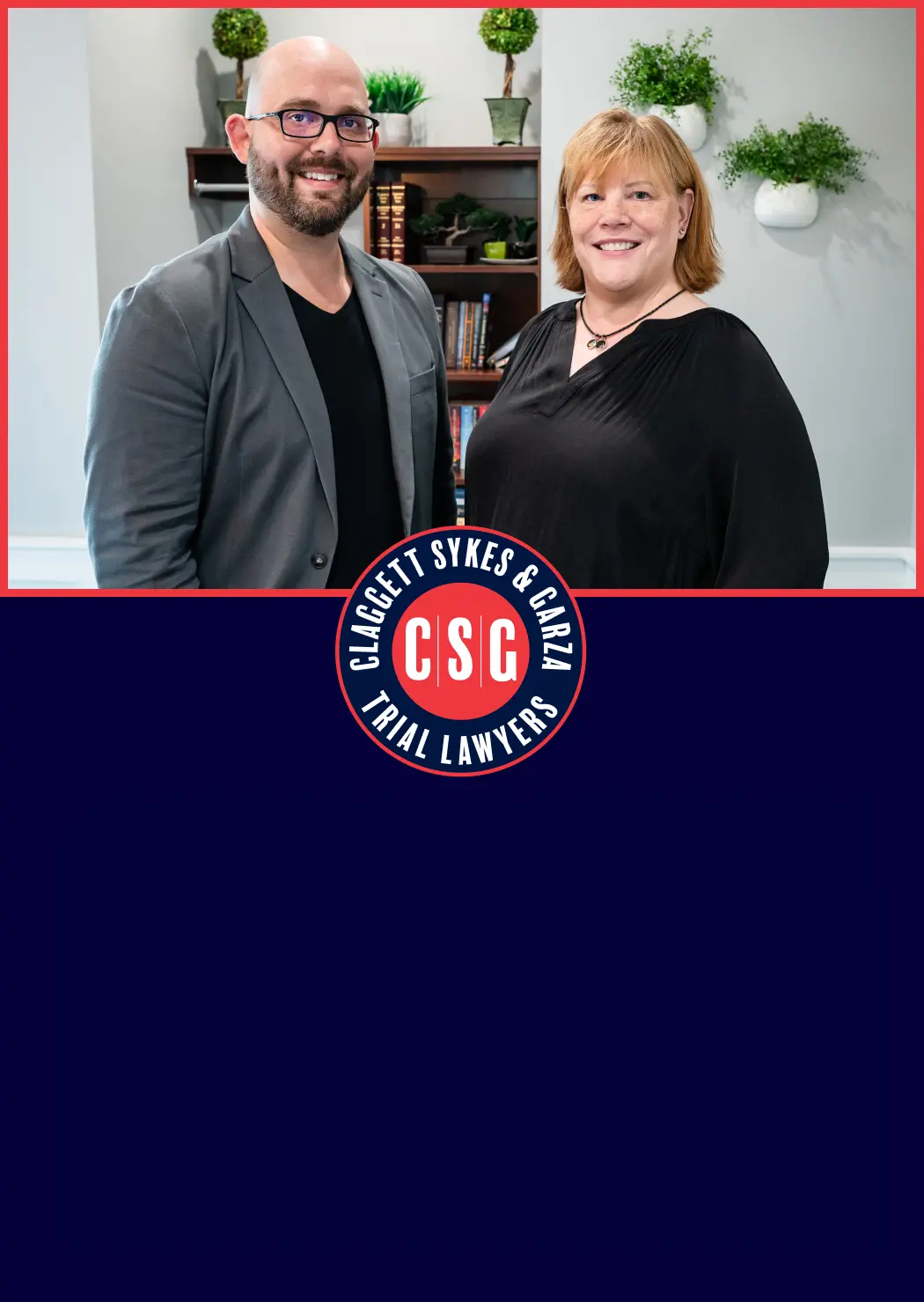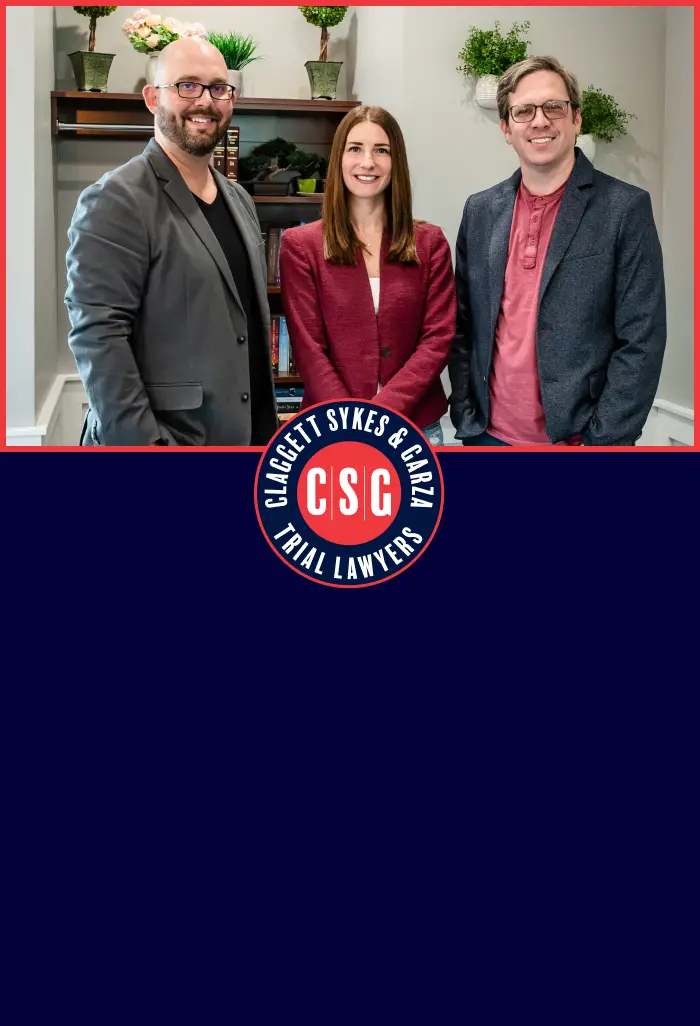Many claims that seek to compensate someone for the injuries they suffered will settle before it even reaches a proper trial. For those cases that do get to court, a seasoned malpractice attorney is available to advocate for you. Learn all you need to know about medical malpractice trials in Manchester.
Leading Up to a Trial
When someone believes they have suffered malpractice, they should call a lawyer immediately. Asking for help just before the statute of limitations runs out might not leave enough time to mount a proper case. The statute of limitations in Connecticut is two years but it can be extended by a period of up to 90 days with a proper court filing.
The plaintiff and their lawyer will need to file motions and engage in the discovery phase, take depositions, and retain experts. There will usually be settlement negotiations between the parties. If they cannot come to a resolution, then the case can go to trial. The most important aspect of the case is proving negligence on behalf of the defendant and the damages that the plaintiff has endured. This will require evidence, which a lawyer could accumulate during the discovery phase.
Which Side Makes Their Argument First?
At the beginning of a local medical malpractice trial, the plaintiff’s lawyer gives the opening statement, followed by the defense. The defense attorney also goes last during closing arguments. If there are multiple defendants in the case, each of them is allowed to make opening and closing statements. An attorney will have to make the case for why each defendant holds liability and should contribute to the plaintiff’s compensation.

Injured in an Accident?
Get the Compensation You Deserve. Our Experienced Lawyers Can Help.
Aspects of Malpractice Trials
Litigation for malpractice tends to last two to four years on average, though certain cases could resolve sooner than that. If there are multiple defendants involved, that can complicate the case and cause it to take longer. Malpractice cases can be bench trials but they are most often tried by a jury.
Once a malpractice trials begins in Manchester, the plaintiff waives their right to health privacy because they need to have their case discussed in open court. However, there may be a few redactions that are not relevant to the case.
Injured plaintiffs can recover damages for medical expenses incurred as a result of the negligence, for the pain and suffering they endured, future medical care related to this incident, the wages they could not earn while recovering, loss of enjoyment of life, and for wrongful death if it resulted in the loss of life.
How Are Damages Calculated?
There is no formula set for calculating damages in medical malpractice cases. When a lawsuit makes it to trial, the jury will have to factor in all of the costs associated with the medical negligence, from the direct costs of treating it, to the impact that it had on the plaintiff’s life. These subjective non-economic damages can be more challenging to put a dollar value on. Juries can also look at other similar cases, and what they settled for or what verdict a jury has rendered. There are no caps on damages in Connecticut malpractice lawsuits.
Punitive damages in a malpractice case are extremely rare, almost to the point of being impossible. They would only be relevant if a medical professional set out to intentionally harm the patient.

Suffered a Personal Injury?
Let Us Fight for Your Rights and Maximize Your Compensation.
Ask an Attorney if a Malpractice Trial in Manchester is in Your Best Interest
A court trial may seem daunting, but a lawyer handles most of the work while you focus on your physical well-being. Medical malpractice trials in Manchester could be your way of securing damages for the harm that a doctor or other medical caregiver did to you. Call now to discuss the details of your case.

